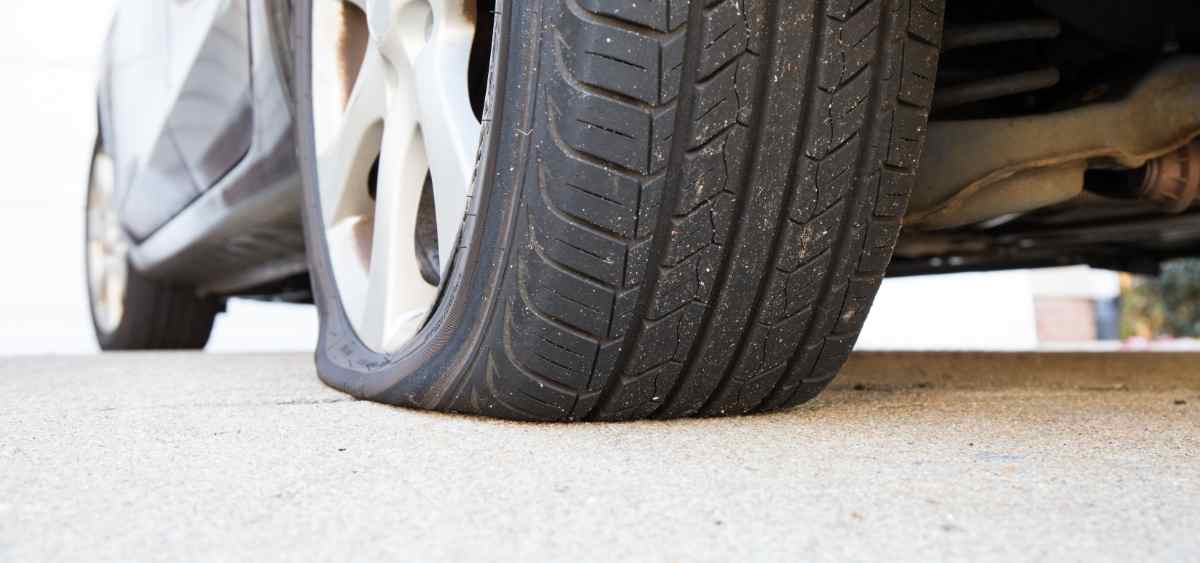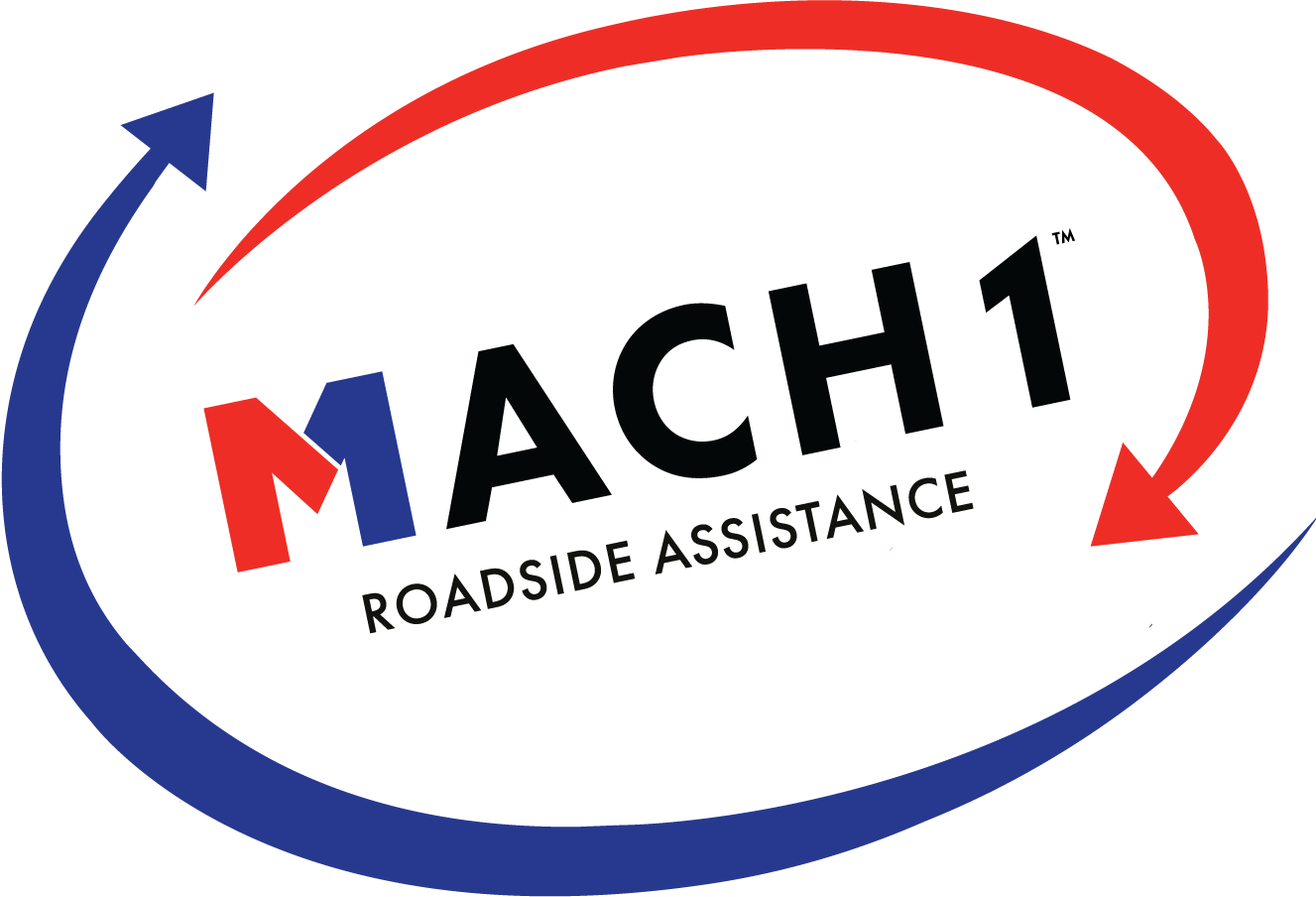
08 Nov The 5 Most Common Causes Of A Flat Tire
It is always annoying when you get a flat tire. It can really put a damper on your day, especially when you aren’t prepared for it. There are many reasons why you may have gotten a flat tire, but it is always good to know the most common causes.
Getting a flat tire just may be an unlucky moment, but the most common causes for a flat tire are as follows:
- Debris on the road.
- The condition of the roads.
- Airing the tires up incorrectly.
- The tires are worn down.
- Weather and temperature.
Knowing these causes can help you in the long run and how you can approach your flat tire. It can also help you prevent a flat tire from occurring. Here is everything you need to know about the common causes.
What To Do If I Get A Flat Tire
If you get a flat tire, it is best to first get to a safe place where you can get out of the car and inspect it. You don’t want to stop on a busy road when you can pull off to the side where it is safer. Your safety is the most important thing when a flat tire occurs.
Once you have found a safe place, there are several things you can do:
- Change the tire to a spare tire.
- Call for a tow truck.
- Call a friend to pick you up until you figure out what to do.
- Plug the hole.
- Call your insurance company.
- Call roadside assistance
You can do many things, and you don’t always have to change your tire immediately. You can call a tow truck or even your insurance company to see if you have roadside assistance. It is good to know all your options.
If you don’t have roadside assistance through your insurance company, you can just download the app for Mach1 roadside assistance, and they will send someone out to help you. They can fix your tire quickly so you can go about your day.
What Is The Most Common Cause Of A Flat Tire?
A sharp object impaling your tire is the most common reason for a flat tire. There are so many things on the road, and sometimes you don’t see something like a nail or screw. These can puncture your tire and cause it to leak over time or even cause a blowout.
Can A Tire Go Flat For No Reason?
Although a tire becoming flat may feel like there was no reason, there is always a reason. The reason just might not be known. It could be that the tires are old, or maybe there’s a tear, or even the valve is leaking. There is always a reason.
The 5 Most Common Causes Of A Flat Tire
There is a whole long list of why a tire has gone flat, but you don’t want to know the rare ones. The five most common causes for a tire becoming flat are:
- Debris on the road.
- The condition of the roads.
- Airing the tires up incorrectly.
- The tires are worn down.
- Weather and temperature.
These causes may vary depending on the different reports, but these are the ones you will most likely run into when your tire goes flat.
Debris On The Road
Debris on the road is always dangerous and can cause your tires to go flat if you happen to run over them. This debris can be anything as small as a nail to something much larger. Here are some of the types of debris that can cause a puncture or tear in your tire:
- Animal bones from roadkill.
- Nails or screws.
- Pieces of debris from a wreck.
- Tire pieces from a blowout.
Any of these are more than likely to cause damage to your tire. It is best practice to avoid any debris on the road, including things that are flat, like wood. These could have screws or nails in them that may puncture your tires.
The Condition Of The Roads
The condition of the roads is a big factor in your tires going flat. Not only can pot holes and other poor road conditions cause you to have a blowout, but they can also damage your tires.
When you hit something or hit a pothole, it can cause your rims to get bent. This can cause leaks around the bead of your tires, and eventually, you will have a flat tire. This is one of the worst damage because you have to replace the entire rim and tire instead of the tire itself.
Airing The Tires Up Incorrectly
Airing your tire up correctly is important. You have a range of what pressure you should air it up, but staying within this range will keep your tires healthy and reduce the damage done to them.
If you don’t put enough air in your tires, road conditions can damage the rim and tire. Your tires may not last as long as they should. But if you put too much air in the tires may cause a blowout, which is extremely dangerous, especially for inexperienced drivers.
You can always look at the side of your tire to see what the max PPI is, which is the tire pressure. Never exceed that number, as it can cause damage to your tire.
The Tires Are Worn Down
Your tires may have become worn down. This could be because of age, mileage, or damage over time. You can tell when your tires are worn and should be replaced if there are cracks or a little tread.
Often, if you have a vehicle you don’t drive or it sits for long periods, your tires can become more worn and torn. This is due to the fact when you drive your car, chemicals within the tires are activated to keep the rubber moist. Look out for those cracks if you have a vehicle you don’t drive often.
Weather And Temperature
Weather and temperature affect your car tires more than you think. When the weather is drier, you may find your tires cracking more. There is an increased risk of wear and tear when there are cracks.
The changing of the seasons affects your tire pressure as well. You will lose pressure in your tires when you go from hotter to colder weather. It is good to check them at this time. When the weather goes from cold to hotter, your tires will increase in tire pressure.
It is common to see a lot of blowouts when the temperatures become hotter because of the increased tire pressure, and more common to see flat tires when the temperature becomes cooler. During these times, check the pressure for your tire’s life expectancy and your safety.
Outro
Flat tires can be annoying, and sometimes you could have done nothing to prevent them. But understanding the common causes can help you be smarter when caring for your car and driving around. You know what not to do so your tires last longer.
